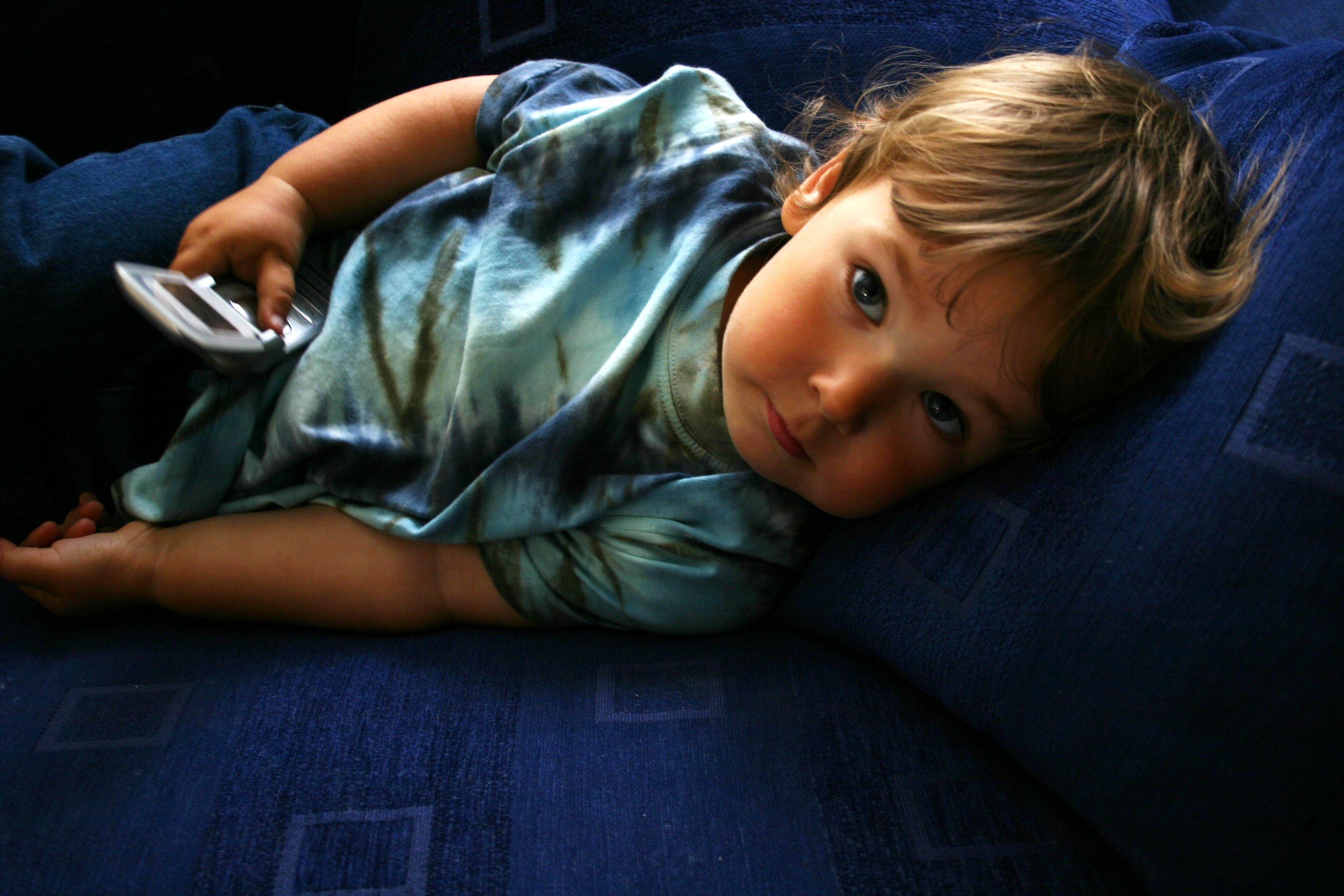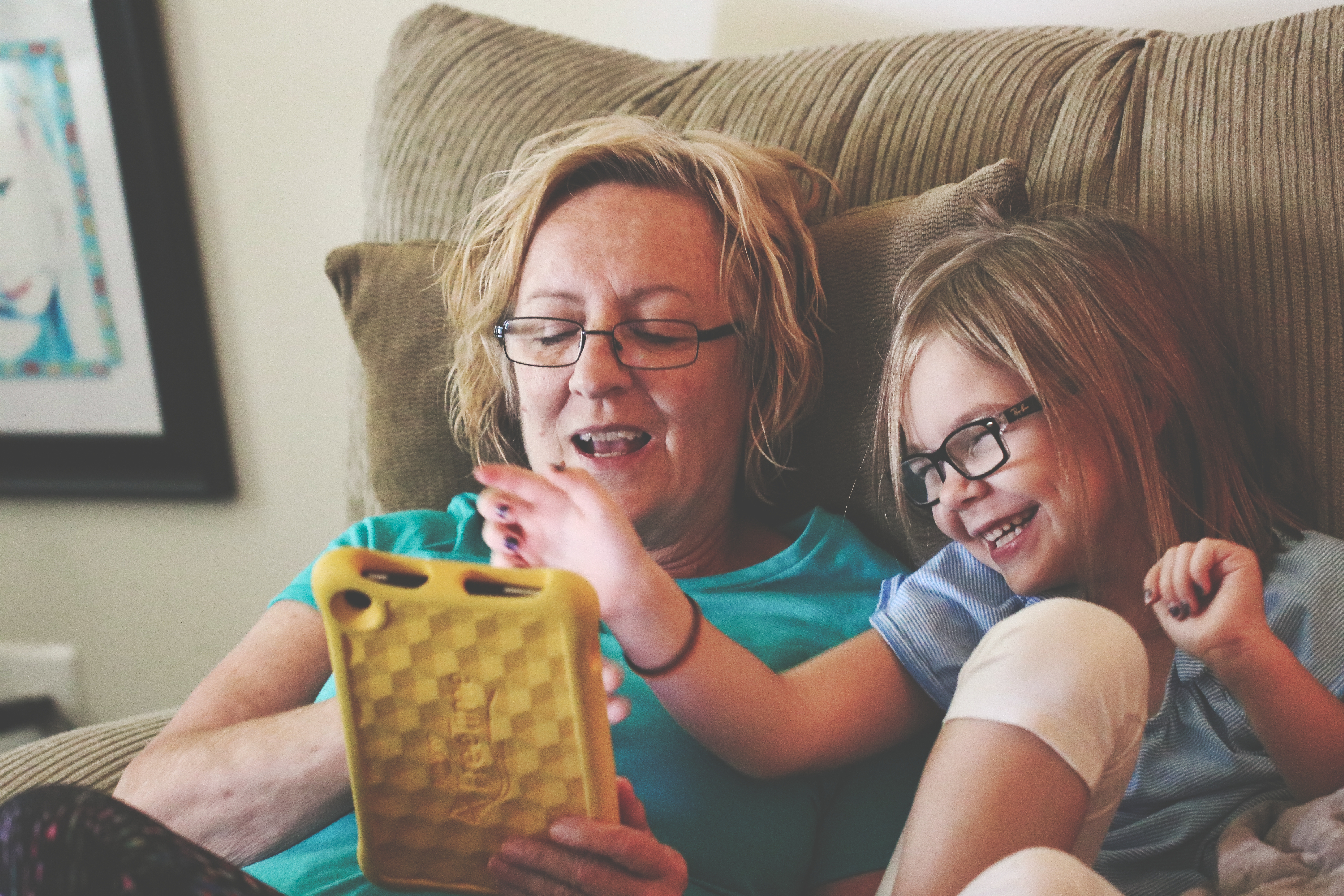So, you finally did it! You made the decision to travel with your partner and leave your kids at home. Good for you! Traveling without your children can give a total reset. Recently, my husband and I were able to take a babymoon before our third baby arrives this fall. The time with my husband (and without any little people!) was wonderfully refreshing, but getting ready to leave was nerve-wracking. I was nervous about leaving my kids for an extended time. What if they get hurt? Will they miss us? How can I prepare them (and their caretakers) well for an extended time away from their parents? Here are some tips and tricks to give you peace of mind while you are away:
Legal Stuff
You need to make sure your legal papers are in order before you leave your children. While we were away, my daughter needed to go to the Emergency Room. Thankfully, everything was in order and went smoothly for my mother-in-law. For peace of mind, make sure the following documents are in order before leaving for your trip:
- Will and Trust Information: You need to have, in written form, a clear declaration of what will happen to your children and finances in case of your unforeseen death. No one wants to think about this, but it will ease your mind while you travel to know that your children are taken care of if anything happens to you. If the caretakers for the trip are not listed as guardians in your will, temporary guardianship may be necessary, as well.
- Medical Consent Form: In order for your caretaker to make medical decisions for your child at the pediatrician office, urgent care, or the ER, they need to have your permission. A medical consent form, either a signed letter or a notarized Power of Attorney, will give the caretakers that authority.
- Insurance Cards: Leave a copy of your insurance card with your caretaker to use if necessary. This will make it easier in an emergency situation like the ER. After my daughter was seen in the ER, my mother-in-law also used our insurance card to make sure the follow up appointment with a specialist was covered. I was very grateful for this extra step!
- Existing Medical Issues: Make sure your caretaker is aware of any ongoing medical issues. Write down your plan of care at home for any existing health issues, as well as when and where to take your child in for medical care in case of an emergency.
- Birth Certificates, Lawyer Contact Information, and Other Important Documents: Make sure a trusted family member knows where to find this important information. This may not be your caretaker, but if you are gone, it is wise to make sure that someone has access to this information in case of an emergency. You may find it helpful to put everything in a binder or sealed envelope.
Important Contact Information
For your children: Make a list of important contact information for your caretakers. Include names and numbers for their Pediatrician, Dentist, School, Poison Control, and the Emergency Room/Urgent Care you prefer. I didn’t communicate what to do in an emergency. My mother-in-law ended up taking my daughter to an Urgent Care first when my preference would have been to go straight to Beaumont’s Pediatric ER. Everything ended up fine, but I could have avoided an extra step when my daughter was hurt if I had communicated this ahead of time.
For your travel: Make sure your caretakers have a copy of your itinerary. Include flight information, phone numbers, and addresses for each location, and the best way to contact you. While we were gone, we didn’t have cell service or internet for part of the trip. It was important to communicate a plan for our caretakers during that time.
Routine for Your Children
Keep your kids as close to a normal routine as possible. If possible, keep your children in their own environment and have caretakers come to your home to make things easier. Younger children, especially, thrive on routine.
Food: Tell your caretakers about any food sensitivities or allergies. Post these in a prominent place as a reminder. Make a list of favorite foods and suggestions for meals and snacks. Stock your pantry with simple foods for breakfast, lunch, dinner, and snacks. Leave some money with your caretakers in case they need to get groceries or decide to eat out while you are gone. If it’s important to you, communicate about whether or not you want your children to eat out, and if so, which restaurants they like.
Medical Needs: If your children take medicine on a daily basis, tell your caretakers. Write everything out and/or put medicine in a daily pill box to make it clear. For as needed medications, make sure your caretaker knows where to find them and what dosage to use. I wrote the dosages for Tylenol and Ibuprofen on sticky notes directly on the bottles for my kids. I don’t expect the caretakers to know their weight and be able to figure that out if they need to give a dose.
Daily Schedule: Write out a suggested routine for each day. Make sure you include any activities, after-school programs, or appointments while you are away. My children are young, so sticking to their routine is really important. I wrote up a schedule that included suggested activities, meal times, nap/rest time, and a bedtime routine.
Discipline: Discuss discipline methods with your caretaker ahead of time. Make sure you and your caretaker both feel comfortable with a plan for handling misbehavior. Kids act out on their feelings, especially big emotions that are hard to vocalize like missing their parents. Your caretaker should be understanding of this, but you can also make a plan for helping your children deal with those big feelings without hurting others. If your kids are older, you can include them in this conversation, so they know what to expect.
Easing the Transition
Talk about the trip ahead of time. Don’t surprise your children! Separation anxiety will be worse if you try to sneak away. That said, you know your kid. For older children, you can start talking about the trip earlier. If talking about leaving makes your child anxious, you may want to wait until closer to your departure date.
Here are some additional ideas to ease the transition:
- For preschoolers, Daniel Tiger has an episode reinforcing that “Grownups Come Back.” Watch the show and then talk about how you are leaving on a big trip, but you will come back.
- Show your children a map of where you are going.
- Make a list before you go of fun things for your children to do with their caretakers. If any special activities cost money, make sure to leave enough with your caretakers to cover any expenses.
- Give your children a job to do. Make them in charge of something that they can manage while you’re gone, such as morning routines or taking care of a pet. The caretaker will be there as a safety net to make sure everything goes well, but your child may thrive on the sense of responsibility that comes with being in charge of something.
- Leave membership cards with your caretakers, like a library card, zoo membership, etc. if you want them to be able to take your children to these places. Include a letter saying that you are giving permission to this adult to use your membership while you are gone.
- Print photos of you for your kids to look at when they miss you.
- Create a box of surprises for your caretaker to draw from when your kids need a diversion. My kids are preschoolers, so I put a few new things like coloring books or small toys, as well as some toys that we haven’t played with in a while. A new board game could be fun for older kids!
- Make a plan for how to talk while you’re gone. Marco Polo is a great app for sending videos to each other despite time differences. If seeing your face will make your children miss you more, arrange to write e-mails or leave letters for them to open each day.
- Create a visual representation of how many days you will be gone. We made a paper chain to take a link off each morning, but a sticker chart or crossing the days off on a calendar would work also.
By planning ahead, you can relax, knowing that your children are set up for a safe and fun time while you’re gone. Even though it can feel monumental to get everything set up, you (and your children!) will benefit from the time away. It was sweet to see how my kids comforted each other before I left, seemed to connect with each other while we were gone, and how happy they were to see us when we returned. You can enjoy your time away without anxiety if you know you have a plan set up ahead of time!















